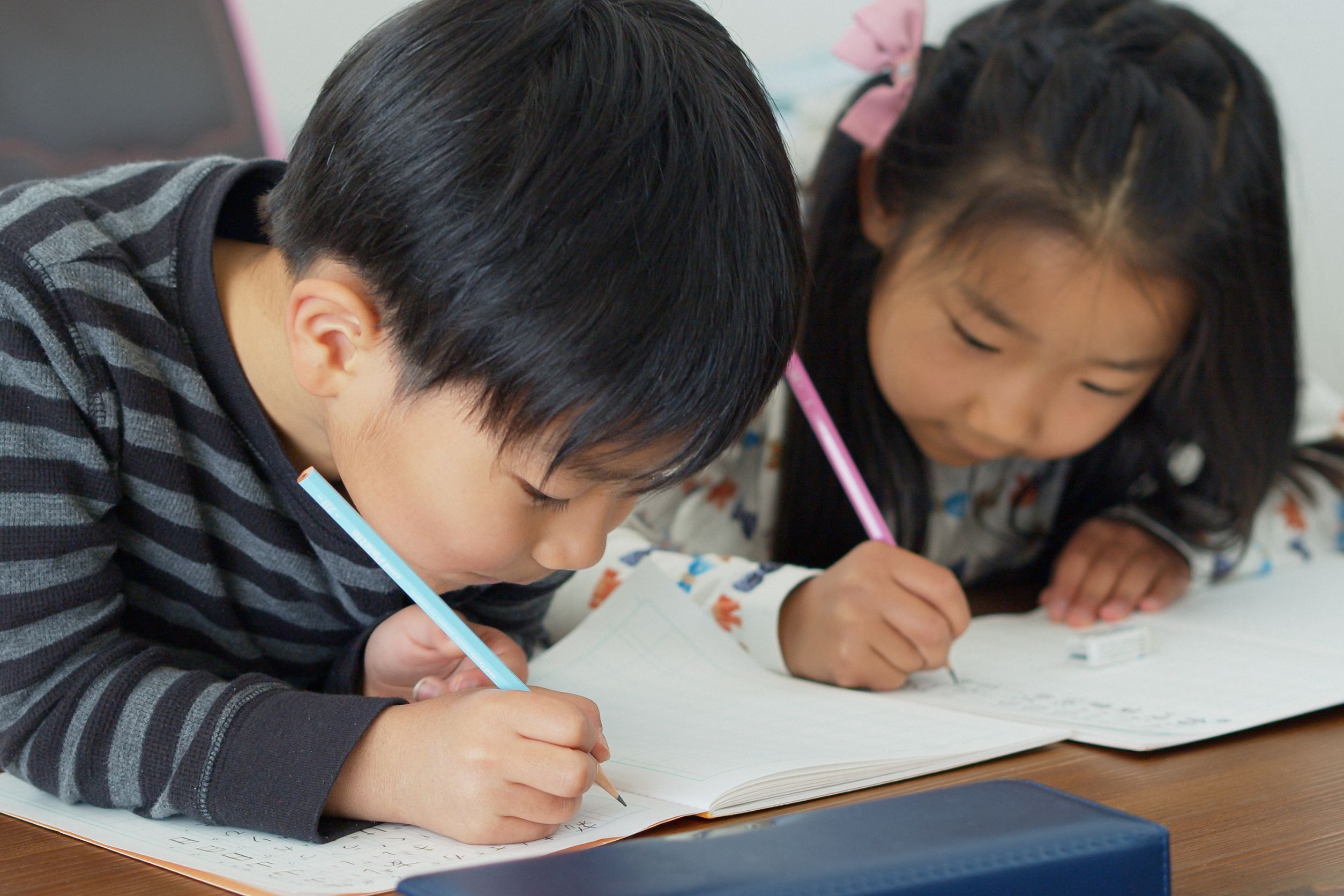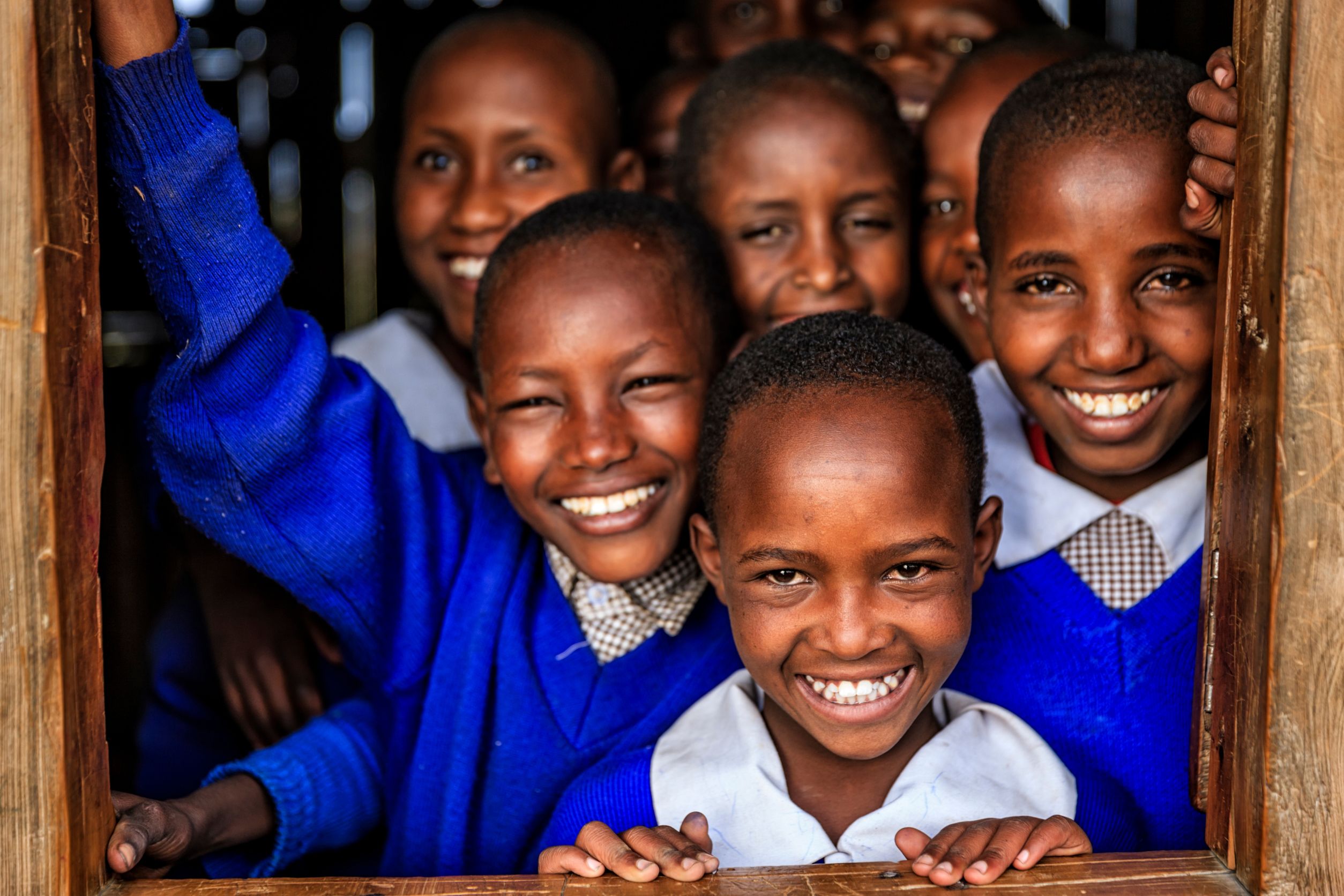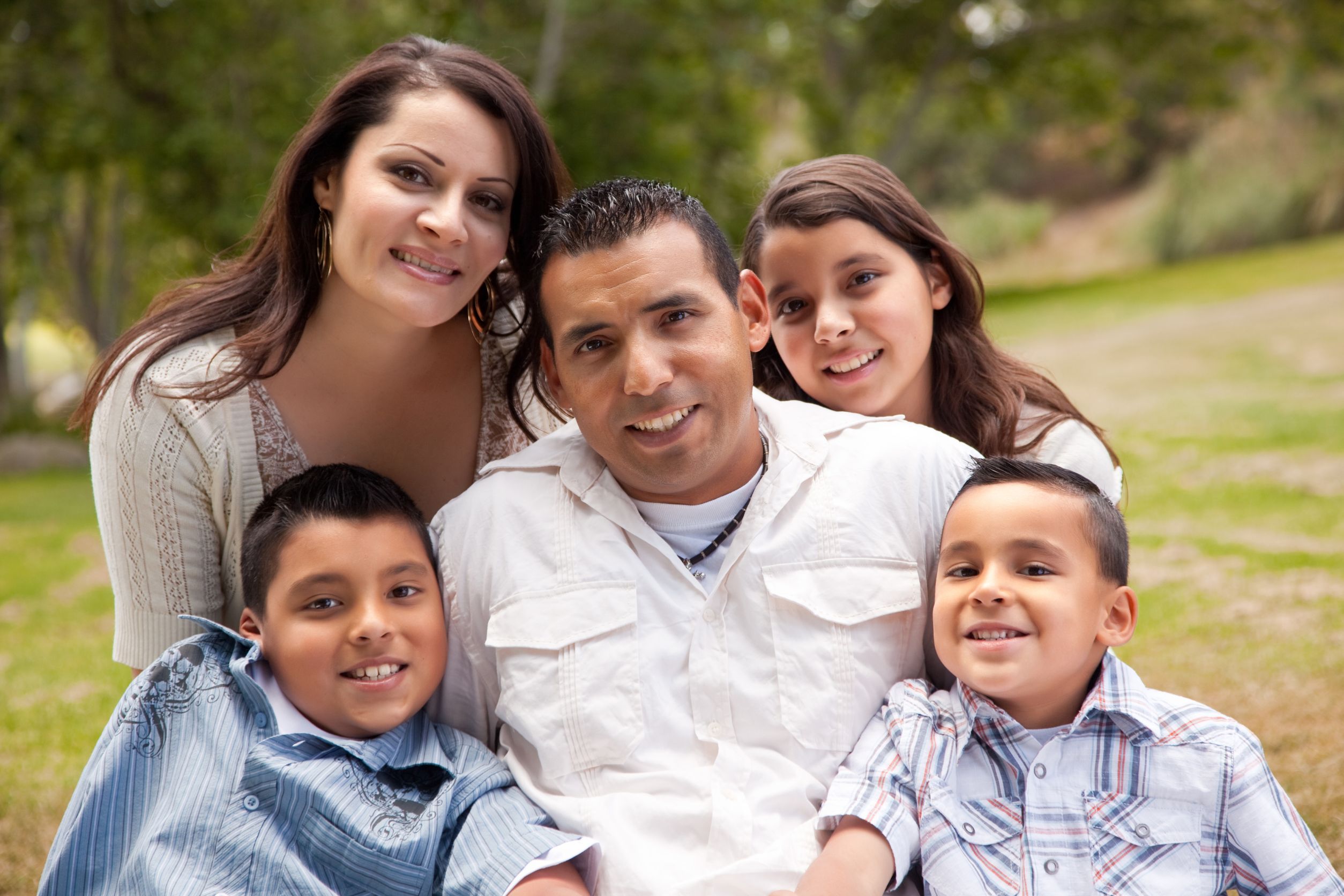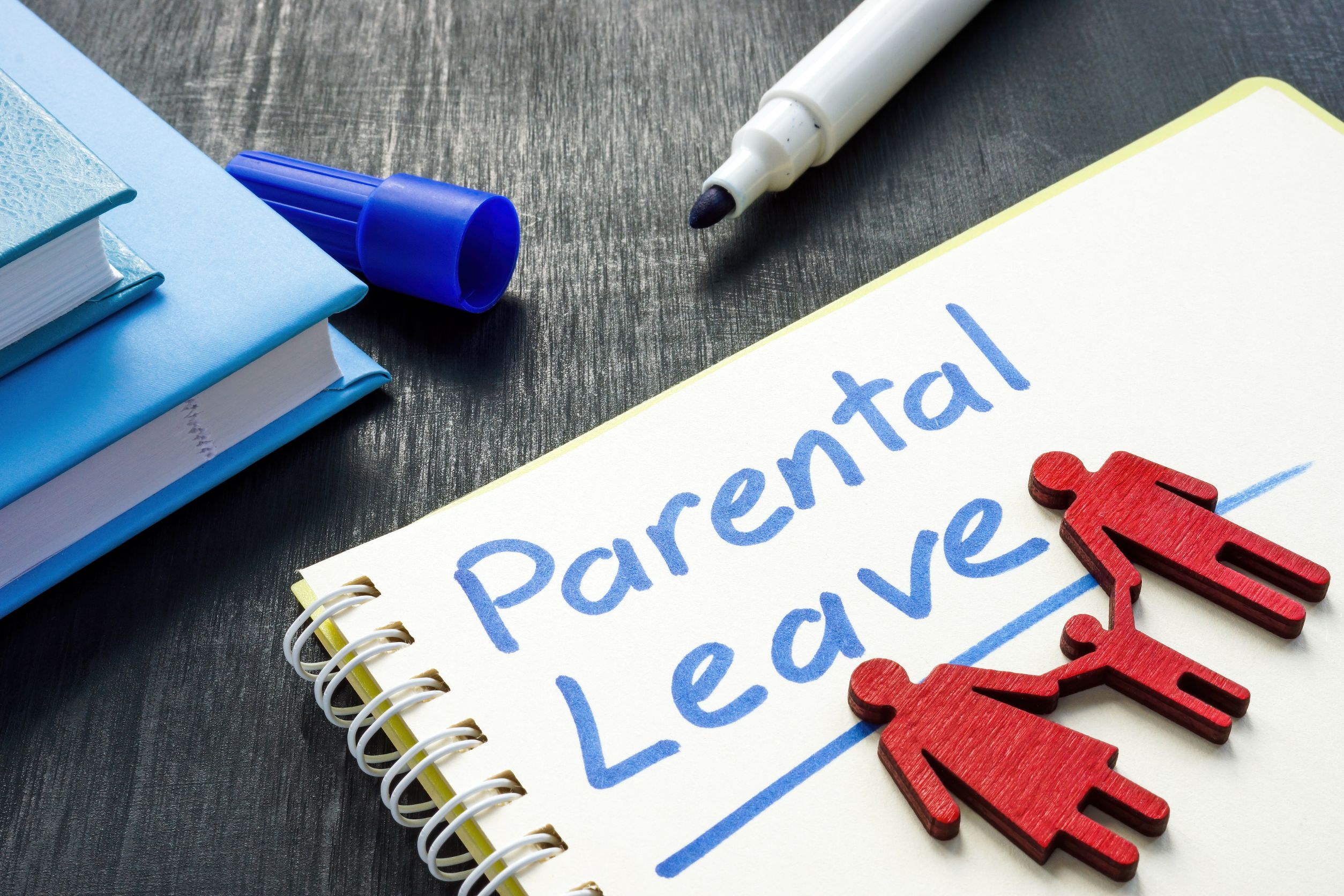Parenting is a journey that transcends borders, with each culture offering unique insights and practices. Whether you’re a new parent or a seasoned pro, learning from diverse traditions can provide fresh perspectives and ideas. Let’s dive into 13 fascinating parenting tips from around the world that might just inspire you to try something new.
1. Scandinavian Outdoor Napping
In Scandinavia, it’s common for babies to nap outdoors, even in chilly weather. Parents believe that fresh air is beneficial for their child’s health and immune system. You’ll often see strollers parked outside cafes with bundled-up babies peacefully snoozing. This practice is thought to promote better sleep and hardier constitutions. So, consider a brisk walk before naptime and let your little one enjoy some fresh air.
2. Japanese Independence
Japanese children are often encouraged to be independent from a young age. It’s not unusual to see young kids navigating public transportation or running errands on their own. This practice fosters self-reliance and confidence. Parents provide a safe environment and gradually increase responsibilities as their children grow. Think about ways to encourage your child’s independence in a safe and supportive manner.
3. French Mealtime Etiquette
In France, children are taught the importance of mealtime etiquette early on. They learn to appreciate a variety of foods and to eat slowly, savoring each bite. Family meals are a time for bonding and conversation, not just for eating. This helps children develop healthy eating habits and social skills. Try making mealtime a relaxed and enjoyable family affair where everyone participates.
4. Kenyan Community Involvement
Kenyan parenting often involves the whole community, with extended family and neighbors playing an active role. Children grow up with a strong sense of belonging and support from various adults in their lives. This communal approach can relieve some of the pressures on parents and provides children with multiple role models. Consider building a supportive network around your family for shared experiences and advice. Let your child feel the warmth and wisdom of a close-knit community.
5. Italian Family Bonds
Italian families emphasize strong intergenerational bonds, with grandparents often living nearby or even in the same household. This close relationship allows children to benefit from the wisdom and stories of their elders. Grandparents often take an active role in childcare, creating a loving and supportive environment. This multigenerational living fosters respect and understanding between different age groups. Think about ways to strengthen your child’s relationship with their grandparents or older relatives.
6. Polynesian Peer Learning
In Polynesian cultures, older children often take care of and teach younger siblings. This peer learning approach helps build responsibility and leadership skills in older children while fostering a sense of trust and cooperation among siblings. Younger children benefit from the guidance and companionship of their older siblings. This dynamic creates a family unit where everyone contributes and learns from each other. Encourage sibling bonding and cooperation through shared activities and responsibilities.
7. Indian Co-Sleeping
In India, co-sleeping with children is a common practice that extends well into their early childhood years. This approach is believed to strengthen the parent-child bond and provide a sense of security for the child. Co-sleeping can also make nighttime breastfeeding more convenient for mothers. Families ensure a safe co-sleeping environment to minimize risks. Consider your family’s sleep arrangements and what might best support your child’s emotional needs.
8. Dutch Work-Life Balance
Dutch parents prioritize work-life balance, ensuring they spend quality time with their children. In the Netherlands, it’s common for both parents to work part-time to maintain this balance. Family time is highly valued and protected, fostering a strong connection between parents and children. This approach reduces stress and increases family happiness. Reflect on your work-life balance and how you can carve out more quality time with your family.
9. Brazilian Playfulness
Brazilian families place a high value on play and fun, believing that childhood should be a joyful and carefree time. Parents encourage their children to engage in creative and outdoor play, fostering imagination and physical activity. Family gatherings often include games and activities that everyone can enjoy together. This playful approach helps children develop social skills and emotional resilience. Make time for fun and games in your family’s routine to create lasting memories.
10. South Korean Education Emphasis
Education is a significant focus in South Korea, where parents invest heavily in their children’s learning. This includes formal schooling as well as extracurricular activities and private tutoring. While this can be intense, it reflects a deep commitment to providing the best opportunities for children. South Korean parents also emphasize respect for teachers and a strong work ethic. Consider how you can support your child’s education while balancing pressure with encouragement.
11. Mexican Family Values
Mexican culture emphasizes the importance of family, with close-knit relationships extending beyond the nuclear family. Regular family gatherings and celebrations strengthen these bonds, creating a supportive and loving environment for children. Respect for elders and strong family loyalty are core values passed down through generations. This sense of belonging provides emotional security for children. Think about how you can incorporate more family traditions and gatherings into your life.
12. Swedish Gender Equality
In Sweden, gender equality in parenting is a significant cultural value. Parental leave policies are designed to be equally accessible to both mothers and fathers, encouraging shared responsibility in childcare. This approach promotes a balanced family dynamic and helps children grow up with diverse role models. It also fosters a more equitable relationship between parents. Reflect on how you can support gender equality in your parenting practices.
13. Maori Respect for Nature
Māori culture in New Zealand teaches children to respect and connect with nature from an early age. Outdoor activities and environmental stewardship are integral parts of childhood. Children learn traditional knowledge about plants, animals, and the land, fostering a deep appreciation for their environment. This connection to nature is believed to promote overall well-being and mindfulness. Encourage your family to spend time outdoors and learn about the natural world together.
Embracing Global Wisdom
Parenting is a universal experience, yet each culture brings its own unique wisdom and practices. By exploring these diverse approaches, we can find new ways to enrich our own parenting journeys. Whether it’s fostering independence, strengthening family bonds, or encouraging play, there’s something to learn from every corner of the globe. Embrace these insights with an open heart and a curious mind. After all, parenting is about growth for both you and your child.
Read More:
Parenting Pitfalls: The Brutal Reality of These 10 Child-Rearing Tips
13 Parenting Hacks That Seem Strange but Work Wonders
















Leave a Reply